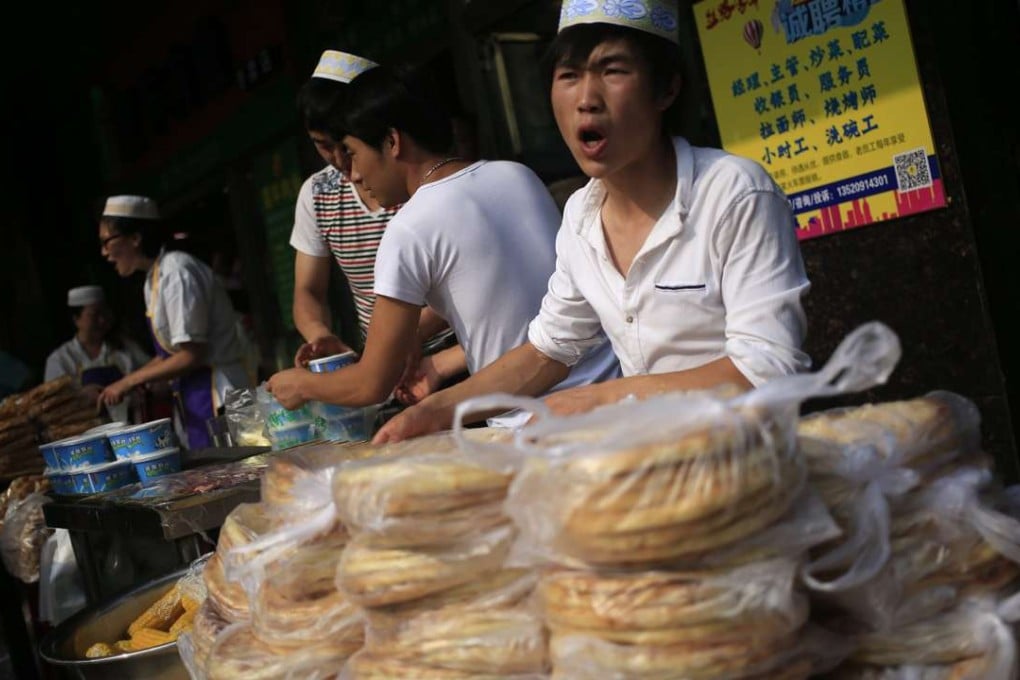Does Islam have the answers to China’s food safety problems?
Saroja Dorairajoo and Ma Jianfu say the adoption of certain Islamic food production practices could build confidence and put China on the map as a major food producer

In recent months, there has been much negative focus on Muslims in China with regard to food. At least three incidents have triggered much debate and vitriol on social media.
In Xining ( 西寧 ), Qinghai ( 青海 ), a halal confectionery was attacked last May by Muslims who suspected the confectionery of selling pork products. In Xian (西安) in Shaanxi (陝西), hundreds of Muslims took to the streets to protest against the sale of alcohol in Muslim restaurants. And in Xinjiang (新疆), several foreign media reported on Muslim shopkeepers being forced by government officials to sell alcohol and cigarettes in their shops.
Such incidents highlighted the tensions within Muslim communities as well as with non-Muslims.
Following on the heels of these incidents came the announcement in June that a proposal by the Ethnic Affairs Committee of the National People’s Congress to draft a national law regulating halal food had been dropped. The proposed law was opposed by many, including Xi Wuyi from the Chinese Academy of Social Sciences, who said that the law violated the principle of separation of religion and state in China.

How China's food safety scandals are turning Chinese onto healthy diets
At the same time, internet users have been commenting aggressively on social media against the rising tide of Islam and a “Muslim invasion” in China.